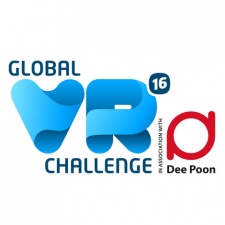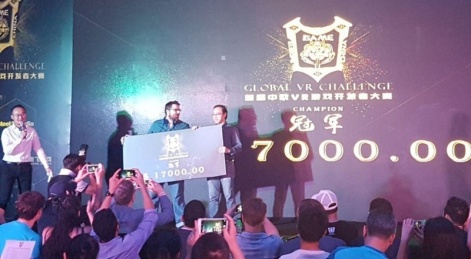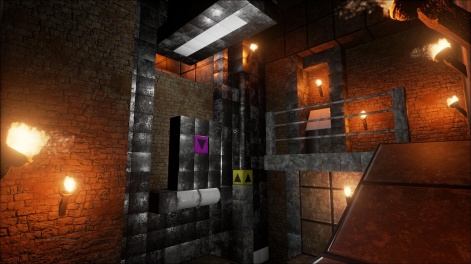The winners of the 2016 Global VR Challenge have been revealed.
US developer Broken Window Studios beat out tough competition of more than 100 games to take the top spot with its narrative-driven game Reflections.
The top five, which includes games from the Chinese leg of the contenst, will now take a share from the $35,000 cash prize pool.
Two games that didn't quite make the top five were also given honourable mentions.
In the spotlight
To get you better acquainted with the winners and special mentions, we’ve compiled profiles of each game and studio for you so you can see exactly why these games made it to the final.
The Global VR Challenge was created by Steel Media, publisher of Pocket Gamer, in association with China’s leading VR company, DeePoon.
Please note that many of these games are still a work in progress.
Click here to view the list »






